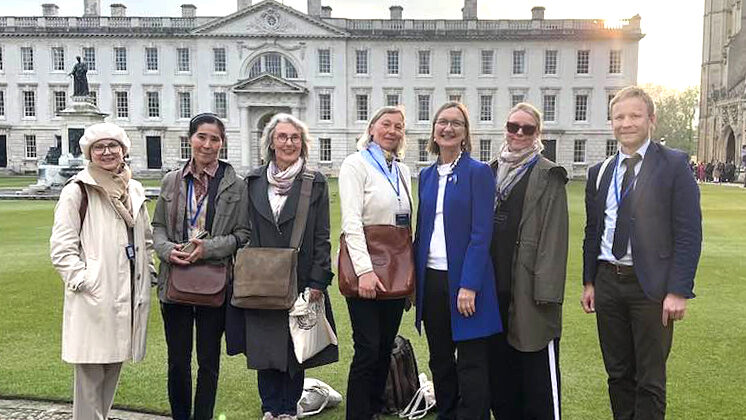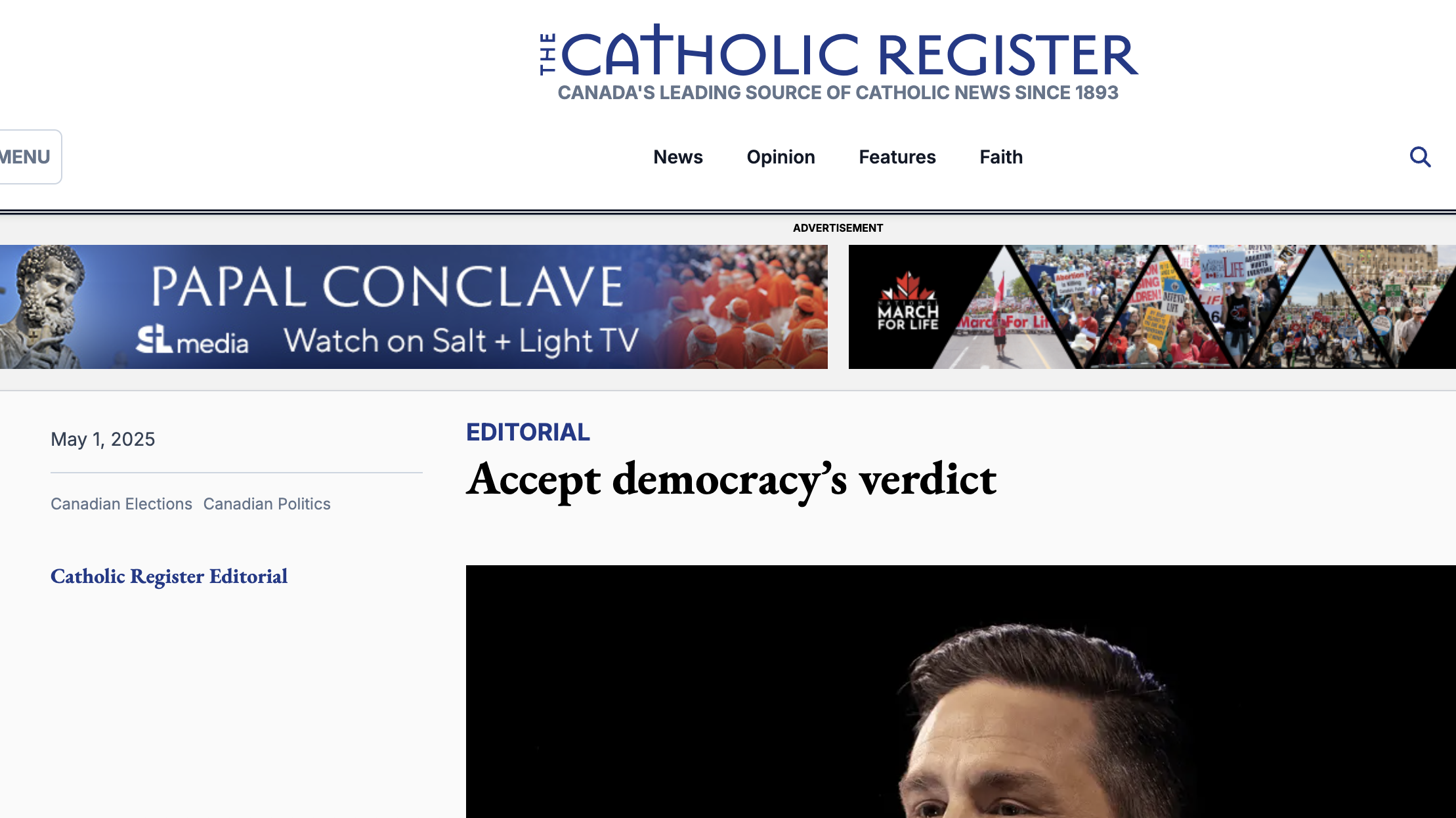The internet is, alas, an eternal depository, a vast treasure trove for trolls and those seeking either to make a point or to belittle others, thanks to indiscretions of decades ago. A case in point follows. A member of the mailing list mentioned above last week sent out both a link –
http://vana.kesknadal.ee/est/g2/uudised?id=6284 as well as the text pasted in a posting to the group. It was titled”, written by Kaarel Tarand of the illustrious Tarand clan, when he was a third year university student studying Estonian philology. It was originally published on Christmas Day, December 25, 1991, scant months after Estonia had regained independence.
A brief summary in rough translation: Kaarel Tarand believes that when it comes to nationality and its preservation history has clearly demonstrated that all nationalities come into being and then disappear. Once in a while there are periods when nationalities join, then split up, creating a number of new languages.
For Estonians the question lies in that as soon as the preservation of nationality becomes enforced [violently: vägivaldselt], as soon as it is no longer self-evident it is better to abandon it. Why should it be saved at all costs?
It is also debatable whether we have to unconditionally live here. We can live anywhere. It is not a valid argument that we have live here for over 5000 years, tilling the soil. When it comes to the next migration of peoples than in my mind we could move to Ireland, Spain, anywhere where life is better. To forcibly keep hold of this bit of land has no point, and the same applies to our language. Our national characteristics will be preserved in any case. The European unification process demonstrates a general loss of [identifiable] nationalities.
Of course, it is gripping and exciting to speak a language in the kitchen that others do not understand. But in International Relations this is of no worth.
The passions set afire concerning the downfall of our nationality demonstrate that being a nation is no longer normal but enforced. Better to die out, become extinct than to have an enforced preservation of nationality.
The mature Kaarel Tarand most likely regrets having penned this opinion. It was sent to the group to reinforce EKRE’s (Estonian National Conservative Party) opposition to the migration accords that the European Union and United Nations is trying to impose on the world. EKRE held a public protest against the accords last Thursday and has to date gathered 10 000 signatures against the UN Marrakech summit that expects to dictate to small, linguistically threatened countries such as Estonia elitist, liberal and globalization driven expectations.
The very fact that Estonia’s sovereignty is being threatened by such accords has brought about the recent crisis in government. Jüri Ratas’ coalition is unlikely to disintegrate, but with Riigikogu elections in March of next year we may see a profound change in the political landscape.
Tõnu Naelapea, Toronto




